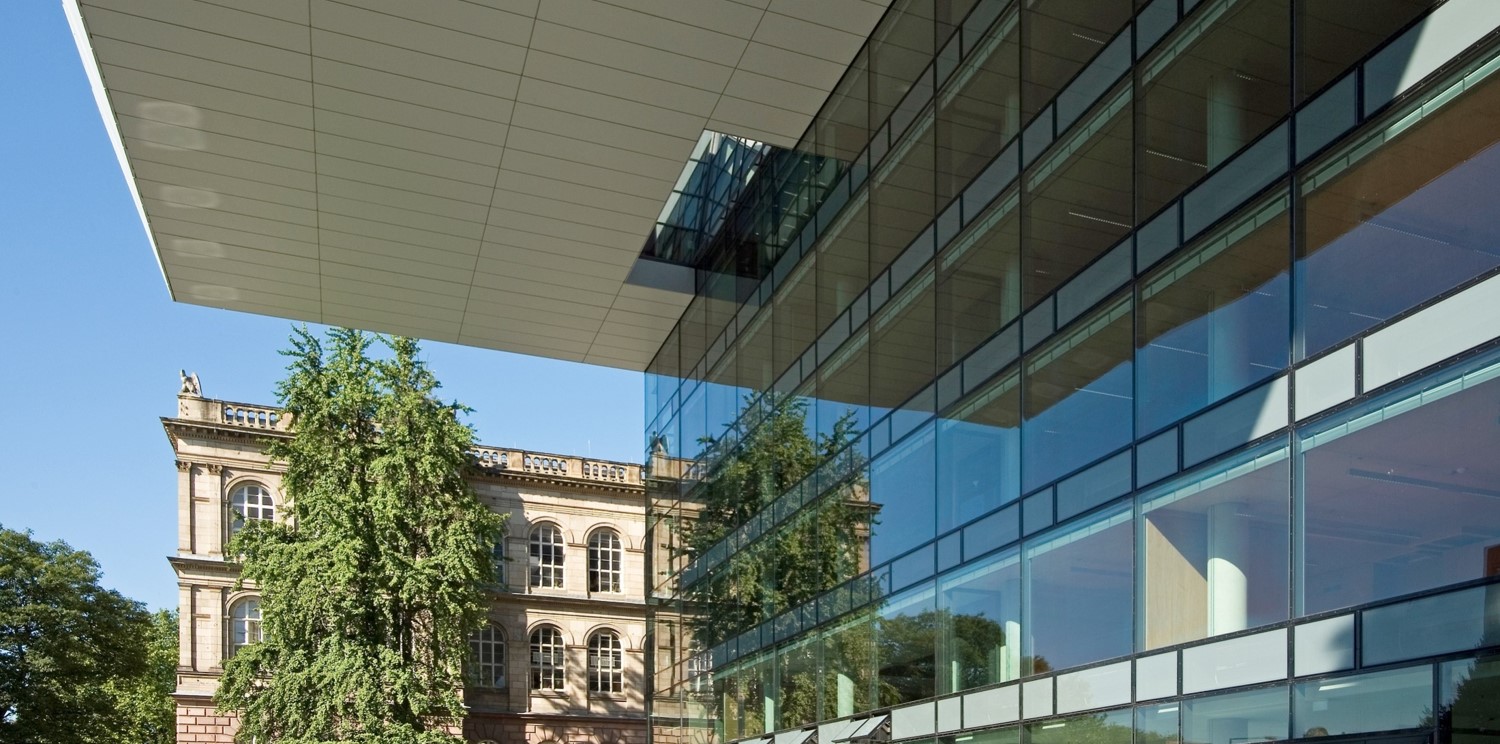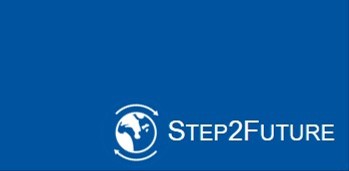RWTH Aachen University
Rheinisch-Westfaelische Technische Hochschule Aachen
 © Winandy
© Winandy
With its 260 institutes in nine faculties, RWTH Aachen University is among the leading European science and research institutions. 44.517 students in 152 courses of study are registered for the winter semester in 2016/17, of which 8.556 are international students from 128 countries. Teaching at RWTH Aachen is first and foremost application-oriented.
Internationalization
RWTH Aachen University considers internationalization as a process which includes activities that increasingly overlap different fields, affecting all areas of the university. Internationalization is not considered as an end in itself, but rather intend to increase the quality of research and teaching through internationally oriented measures, and contribute to the reputation and better visibility of RWTH Aachen, in both the national and international environment. Internationalization, understood as a qualitatively oriented process both internally and externally, will change the university in the short and long term.
The Internationalization Plan, adopted in 2010, is the foundation for all of RWTH Aachen University's internationalization activities. In the concept, important priority partner countries for RWTH Aachen University were determined, each of which are represented within RWTH by Rector's delegates. The international network of RWTH Aachen University encompasses partnerships with renowned universities worldwide in research and academics. Numerous exchange possibilities for students open up an international perspective during their studies. RWTH Aachen University is represented worldwide by a liaison office and countless international alumni. At the moment, a new program for "Internationalization at home" is being implemented. It promotes the recruitment and integration of international students. For up-to-date facts and figures on the University's internationalization activities, please refer to the biennial Internationalization Report.
Aachen
Many new products and processes originate from Aachen. This trend-setting innovative capacity and the practical technology transfer to the economic world have a long history in Aachen, the City of Science. This is where the first German Technology Development Center opened in 1982. With its business start-ups and the approximately 32,000 jobs created as a result, Aachen has become the city with the highest density of university spin-offs and engineering offices in Germany.
Science has defined the structural change from a mining area to a technology region and today it is the most important economic factor. More than 50,000 people study and teach at the four universities and colleges in the Aachen region. Because of the academic expertise here, Forschungszentrum Jülich and numerous research centers of international corporate groups have been established in and around Aachen, making the urban region a Silicon Valley at the heart of Europe. Aachen, known as a “Europastadt” (City of Europe), is Germany’s westernmost major city at whose city boundaries three nations with three languages converge. It is the center of a dynamic, cross-border knowledge region and stands for world-class university education in Natural Sciences and Engineering.
Vision
„RWTH Aachen University has set clearly defined goals for itself. By the year 2020, it aims to be the best German University of technology and one of the top five in Europe as measured by academic output, by the quality of its graduates, and by external funding. It strives to be a leading player in interdisciplinary large-scale research projects. It aims to be an internationally recognized university with lasting excellence in research and teaching that trains outstanding academics and well-qualified young leaders for industry and society in both the national and international context.
In this radical and complex process of reorientation, RWTH Aachen University sees itself as a university in which all groups actively contribute to a lasting and open communication culture. All members of the university, including the students, pledge to support a joint high-performance culture: competition is regarded as a constructive aspect of academic life. RWTH Aachen considers this creative culture of change a fundamental principle for innovation and societal progress.“

